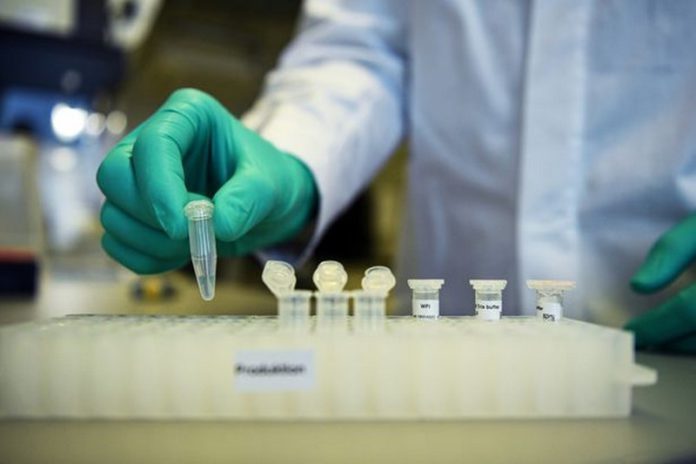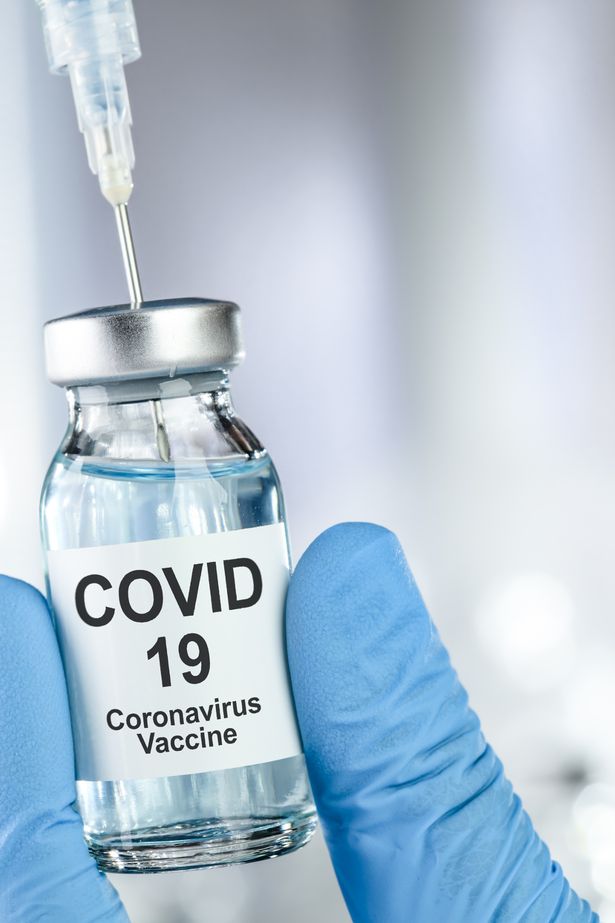The first human trials of a new vaccine scientists hope will protect against Covid-19 have been carried out.
The US National Institutes of Health, an agency within the Department of Health and Human Services, has been working with biotech company Moderna to produce the preventative medication.
Yesterday, it was tested on humans for the first time, US health officials confirmed.

A 43-year-old mother-of-two was the first person to receive the vaccine.
Dr. Anthony Fauci, director of the National Institute of Allergy and Infectious Diseases, said the trials were an important first step.
The first stage of the trial will test the vaccine on 45 males and non-pregnant females between the ages of 18 and 55, with them receiving a second dose 28 days after the first.

The vaccine is unlikely to be available to the public anytime soon however, CNBC reported.
Last week Dr Fauci suggested it would not be fit for mass use for another 12 to 18 months.
The vaccine cannot cause Covid-19 – the disease triggered by the coronavirus – but contains a harmless genetic code copied from the virus.
This is unlike typical vaccines for viruses, which are made from weakened or killed viruses.
In a bid to get the medical technology ready for mass use as quickly as possible, part of the typical development process has been sidestepped.
Unlike in usual medical trials, this vaccine will not be tested to see whether it triggers an immune response in animals.
Infectious disease expert Dr John Tregoning praised the pace of the vaccine’s development.
“This vaccine uses pre-existing technology,” he told the BBC.
“It’s been made to a very high standard, using things that we know are safe to use in people and those taking part in the trial will be very closely monitored.
“Yes, this is very fast – but it is a race against the virus, not against each other as scientists, and it’s being done for the benefit of humanity.”
Yesterday the UK government updated its list of people who are most at risk of Covid-19.
Severely obese are now included in the category.
Anyone with a body mass index (BMI) score over 40 could be especially vulnerable to the killer infection which is wreaking havoc in the UK.




